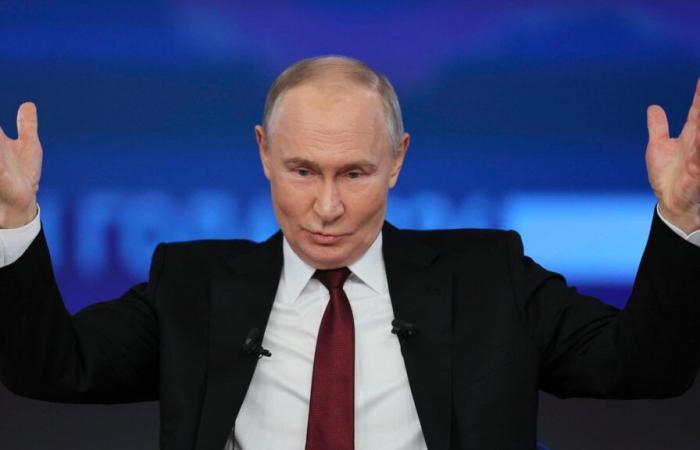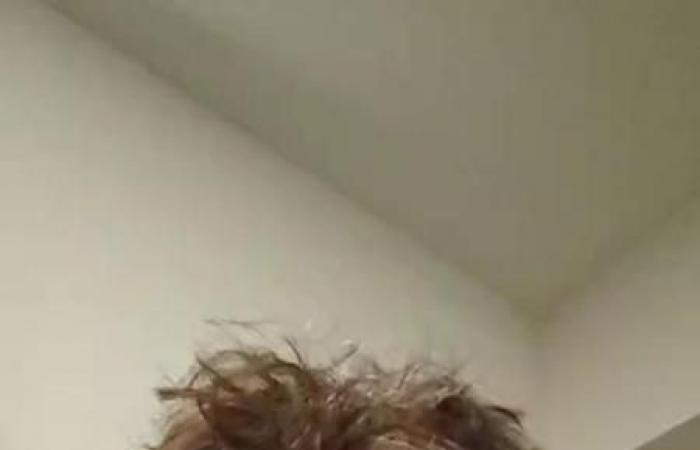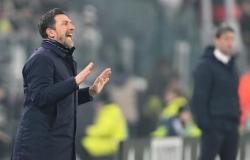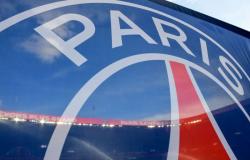As often happens in Vladimir Putin’s great public performances, the most surprising revelations come not from the carefully scripted and calibrated programmatic statements, but from the answers to banal questions. Asked about the deceased leaders with whom he would like to spend a cup of tea, the Russian president expressed a sudden nostalgia for Helmut Kohl and the “always useful conversations” he had with him, Jacques Chirac who “knew whatever you asked him” and Silvio Berlusconi with his “warmth”. In other words, Putin longs for his former self when he was not an international pariah with a war crimes arrest warrant barring him from traveling half the world, but a head of state recognized as an interlocutor by Western leaders . An even more inexplicable nostalgia in a leader who boasts of having «brought Russia where it needs to be», and expresses as his only regret that of not having invaded Ukraine «sooner, and better prepared» than he did: perhaps he believes that his early international colleagues would have been more understanding of the proposal to use Kyiv as a firing range to demonstrate that Western anti-aircraft defenses are incapable of intercepting the new Russian Oreshnik missile.
Zelensky: “Putin is crazy and loves to kill, having Trump on our side is important”
The proposal for a missile “duel” to be organized in the Ukrainian capital is so surreal that it forces even the Kremlin advisors to adjust their aim, and Putin is made to reappear in front of the cameras at the end of the press conference to clarify that it should not be taken literally. But the man who for more than four hours sums up 2024 live on television is definitely a wartime president, even if he tries to prove the opposite. His spin-doctors make him start with the topic of the economy, which according to polls appears to be the main source of discontent among the Russians who are preparing the dinner.
Zafesova: Putin cites Kohl Chirac and Berlusconi, mythologizes a past in which Russia opened up to the West
The head of the Kremlin admits that inflation above 9% is a “worrying sign”, but explains it with an increase in Russian incomes which “production cannot keep up with”. The reasons why there is more money than goods in Russia is not explained, as is the unemployment rate at an all-time low (government statistics also include recruits at the front among those employed), on the other hand Putin returns to remind the Russians who eat much more meat than the world average (over 80 kilos per capita per year, almost 10 more than Italy and almost 50 less than Mongolia). Even the Government Statistics Committee reports a drastic increase in prices on basic food products (from 30 percent of butter to 90 percent of potatoes), but the master of the Kremlin insists that “sanctions have no crucial weight”, that the economic situation is “stable”, and that the various problems raised, from mortgage rates to the lack of life-saving medicines, are the result of “organizational shortcomings” of local officials.
The propaganda machine is working at full capacity, and while Russian TV broadcasts the word about the president, online critics keep track of the times he coughed, stumbled or was unable to answer questions accurately.
Putin ranges from demographics – “we need girls”, he exclaims – to the war in Syria where Russia “has achieved its objectives” despite the fall of Assad, tells jokes, makes allusions to the “dear little ones” with whom he watches cartoons Russian fairy tales (many wonder if he is talking about the children he supposedly had with the gymnast Alina Kabaeva) and calls for “alternatives” to the proliferation of online porn. But above all he returns several times to the war against Ukraine, and it is clear that talking about the range of missiles excites him much more than pensions and interest rates. He unfurls the flag of the 155th Marine Brigade, famous for the video with the beheaded Ukrainian prisoner, reproaches the Kyiv leadership for being “worse than atheists, godless… ethnic Jews who however never show up in synagogue”, and he refuses to say when the Russian military will liberate the Kursk region: “If I indicate a date the boys will move forward regardless of losses, it won’t happen.”







